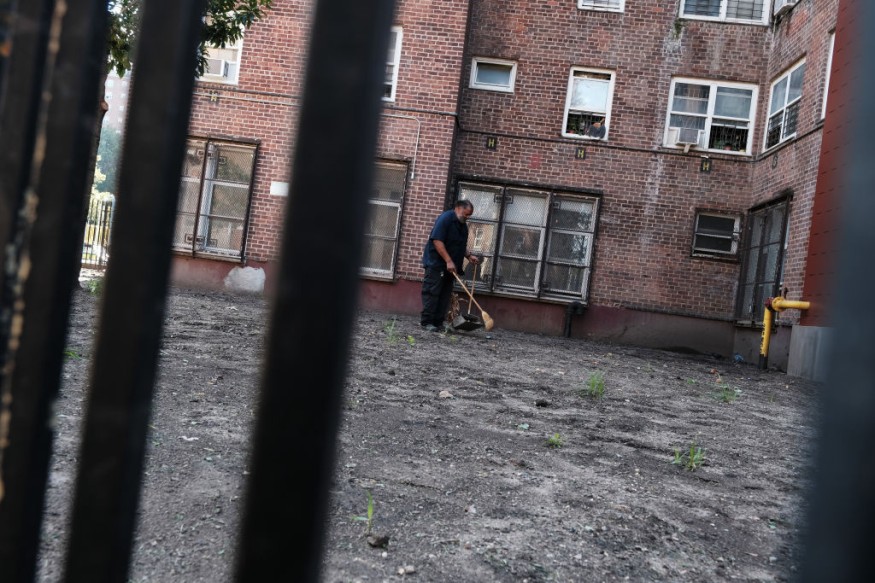
The New York City Rent Guidelines Board on Tuesday signaled it would back a plan to increase rent prices across nearly one million rent-stabilized apartments in the city.
The nine-member panel gave preliminary approval in a 5-2 vote to hike rents for rent-stabilized apartments. Under the planned hikes, rent would increase between 2% and 4.5% on one-year leases and between 4% and 6.5% on two-year leases.
In addition, the panel also approved a plan to freeze rent on stabilized hotels.
Landlords and tenants in the city would still have a chance to voice their concerns at public hearings in the coming weeks. The panel will hold a final vote on June 17. If the plan is approved, the increase would begin affecting leases in rent-stabilized apartments starting Oct. 1.
NYC's Rent Increases
The proposed hike comes a year after the rental board approved a 3% rent increase for one-year leases and a split two-year lease of 2.75% in year one and 3.2% in year two.
That increase also followed a hike in rent prices in 2022, when the board approved a 3.25% increase for one-year leases and 5% for two-year leases. That was the biggest increase recorded for rent-stabilized apartments since 2013.
Tension During the Vote
The panel's voting on the planned rent increases did not go smoothly. Two members of the board representing the interests of tenants left the meeting ahead of the vote to oppose an increase.
"I've been at this for three years now, and each year the board has made the decision to further hurt tenants by raising rents significantly," tenant member Adán Soltren, an attorney, said, as quoted by the Gothamist. "You wonder why some people call it the 'Rent Increase Board.'"
In a statement released following the vote, Mayor Eric Adams said the 6.5% increase was "far beyond what is reasonable" to ask of tenants.
"I must be clear that a 6.5 percent increase goes far beyond what is reasonable to ask tenants to take on at this time. I know well that small property owners also face growing challenges, and I encourage them to work with the city to utilize our many preservation tools so that, together, we can work to stabilize buildings and neighborhoods, all while keeping tenants in their homes," he said.



